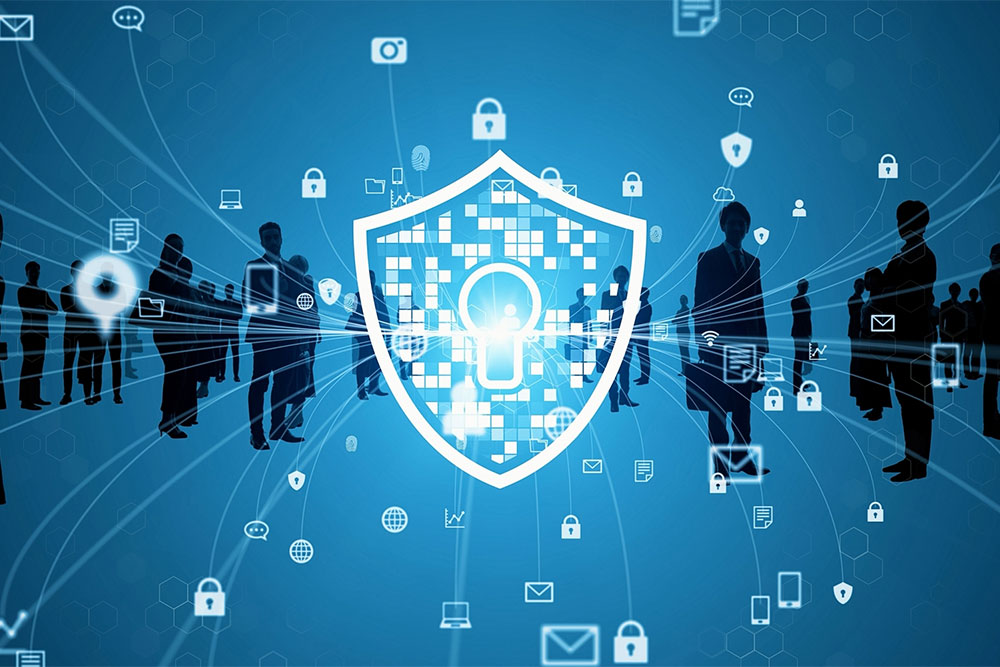3 useful ways to prevent cyber attacks

As the internet permeates almost all elements of workplaces, the threat of cyber-attacks is higher than ever for businesses. Cyber crimes such as phishing, zero-day exploits, ransomware threats, and password attacks commonly drain companies of thousands, if not millions, of dollars year on year. Cyber threats keep evolving, so the security measures to prevent them must do so, too. Here are some proven ways to prevent cyber-attacks for businesses of all sizes:
Updating software tools and systems
Records have shown that cyber-attacks mostly happen because systems and software tools are not fully updated and ready for the latest threats. Cybercriminals can exploit weaknesses in software tools or other systems remotely when their cyber threat becomes more advanced than the security elements created to thwart it.
To avoid this, companies must routinely update their databases, software tools, and other operational machines to keep threats like phishing and remote hacking at bay.
Employee training
Most employees need to be made aware of how to maintain a robust cybersecurity system for an organization, which can lead to many cyber attacks caused by human error. To combat this, employers should schedule training sessions to teach employees about the dos and don’ts of internet use. This will ensure everyone knows how to prevent cyber-attacks and keep the organization’s security intact.
Practicing good cyber hygiene can be as simple as locking your laptop when stepping away from the desk. Following all cyber hygiene practices is essential to protect the company’s data and cyber infrastructure from external threats. This includes taking necessary steps to protect your devices and being cautious with sensitive information. Following these practices can help prevent malicious attacks and maintain a secure digital environment.
Creating strong passwords
Creating strong passwords is a crucial aspect of cyber-hygiene. Unfortunately, many employees often choose simple passwords for their work laptops, like their name, “PASSWORD,” or birth date. These passwords are easy to guess, and cybercriminals can easily hack into these systems. Therefore, employees must make it a norm to create complex passwords that include numbers, upper and lower case letters, special symbols, and spaces. This will help prevent unauthorized access to sensitive information.